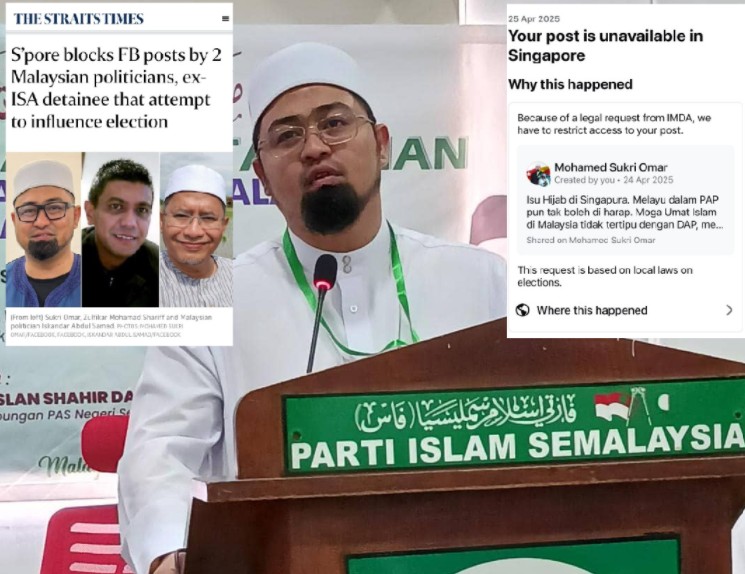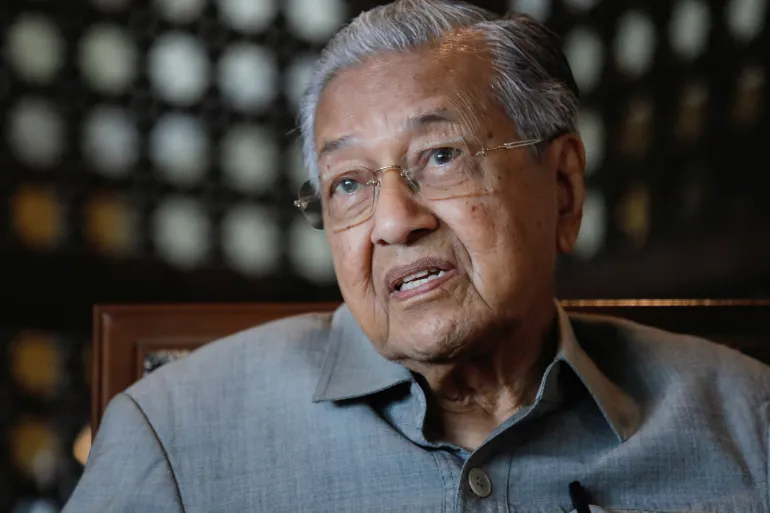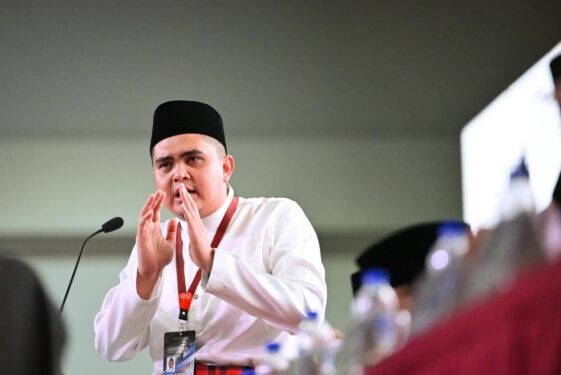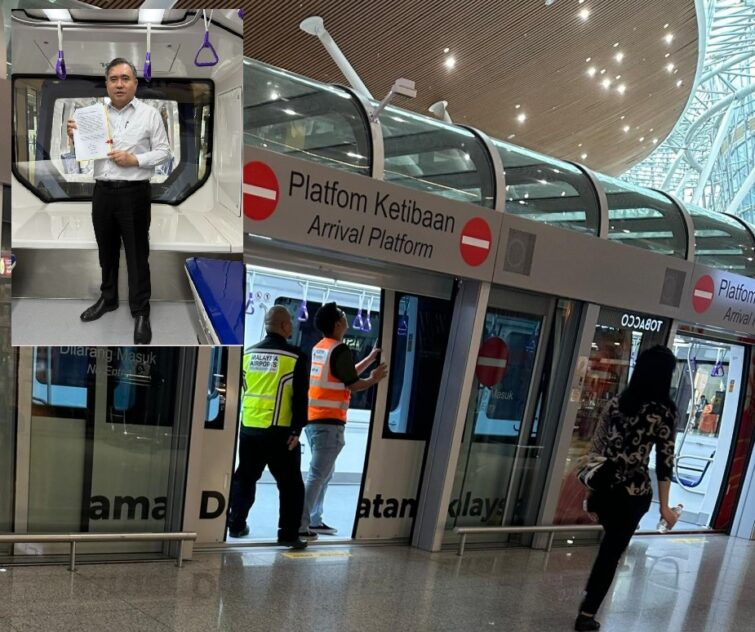IT IS understandable for Selangor PAS Youth Chief Mohamed Sukri Omar to be concerned about the status of Malay Muslims in Singapore.
Sukri has claimed that he was not interfering in Singapore’s domestic politics but merely expressing moral concern over the alleged marginalisation and political under-representation of the Malay Muslim community.
However, his remarks came at a sensitive time – coinciding with Facebook (FB) postings from Australia urging Malays in Singapore to vote along ethnic and religious lines.
This led to the Singaporean authorities having requested the FB administrator to remove or block such postings as they border on interference in the country’s internal affairs, especially with general elections slared for May 3.
While Sukri’s concerns might stem from the ethnic and religious dynamics of Malaysian politics, it is neither appropriate nor wise to subtly recommend Malaysia’s model of ethnic and religious governance to Singapore.
In Singapore, it is not just the Malays but also the Indians who are sometimes considered marginalised communities.
However, Singapore’s emphasis on meritocracy, performance and hard work offers opportunities to all Singaporeans even if the pace of progress may be slow for some groups.
Singapore excels in meritocracy
By contrast, in Malaysia, meritocracy is constrained by ethnic-based privileges accorded to the majority community. While Malaysia has tremendous potential, it remains hampered by ethnic structures that inhibit full and equal participation across races and religions.
I can understand Sukri’s sentiment, but he must realise that imposing Malaysia’s ethnic governance framework onto Singapore is unwise.
We may have legitimate criticisms of Singapore’s governance, particularly concerning minority communities but we must also acknowledge that the Singaporean system – however imperfect – allows for evolution, progress and reform.
Meanwhile, Malaysia continues to grapple with systemic issues that prevent it from fully realising its diverse potential.
While Sukri is entitled to his views and may feel a moral duty toward Malay Muslims in Singapore, he must exercise greater caution when making statements that may be construed as interference in another country’s internal affairs.
Given the challenges within their own system, Malaysian politicians should be humble and cautious in judging or commenting on Singapore’s governance. – April 27, 2025
Former DAP stalwart and Penang chief minister II Prof Ramasamy Palanisamy is chairman of the United Rights of Malaysian Party (Urimai) interim council.
The views expressed are solely of the author and do not necessarily reflect those of Focus Malaysia.









